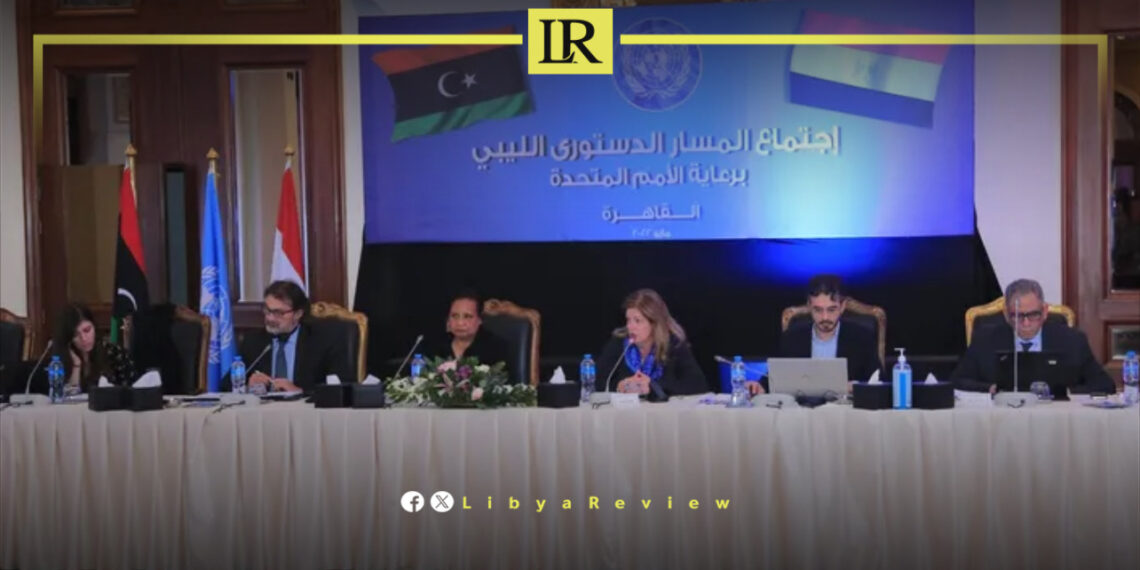Libyan political leaders from the House of Representatives and the High Council of State are set to meet in Cairo for three days of negotiations to break the political deadlock and form a new government.
The meetings, beginning on Saturday, will focus on finalizing electoral laws and creating a framework for legislative and presidential elections, tentatively planned for December.
The main goal of these discussions is to unify Libya’s deeply divided institutions and establish a government capable of overseeing elections and ensuring stability. However, the Tripoli-based Government of National Unity (GNU), led by Abdul Hamid Dbaiba, strongly opposes the formation of a new government.
Dbaiba insists that a constitution must be drafted and approved through a public referendum before elections can take place, a position that has fueled further divisions and delayed Libya’s path toward a democratic transition.
Egypt is taking a leading role in mediating Libya’s political crisis, working to bridge gaps between rival factions and push for a political solution that leads to national stability.
Since the fall of Muammar Gaddafi in 2011, Libya has struggled with political division, armed conflict, and foreign interference. The country has been split between two rival governments—one in Tripoli, led by Dbaiba, and another in the east, backed by the House of Representatives.
Libya was set to hold presidential and parliamentary elections in December 2021, but disputes over electoral laws, candidate eligibility, and security concerns led to their cancellation. Since then, political paralysis has prevented any real progress, with foreign-backed militias, economic struggles, and oil revenue disputes further complicating the crisis.
Despite numerous international efforts, Libya’s future remains deeply uncertain. If the Cairo talks succeed in establishing a clear timeline for elections and government formation, they could mark a significant step toward resolving Libya’s political deadlock. However, if disagreements persist, the country risks further division and prolonged instability.


